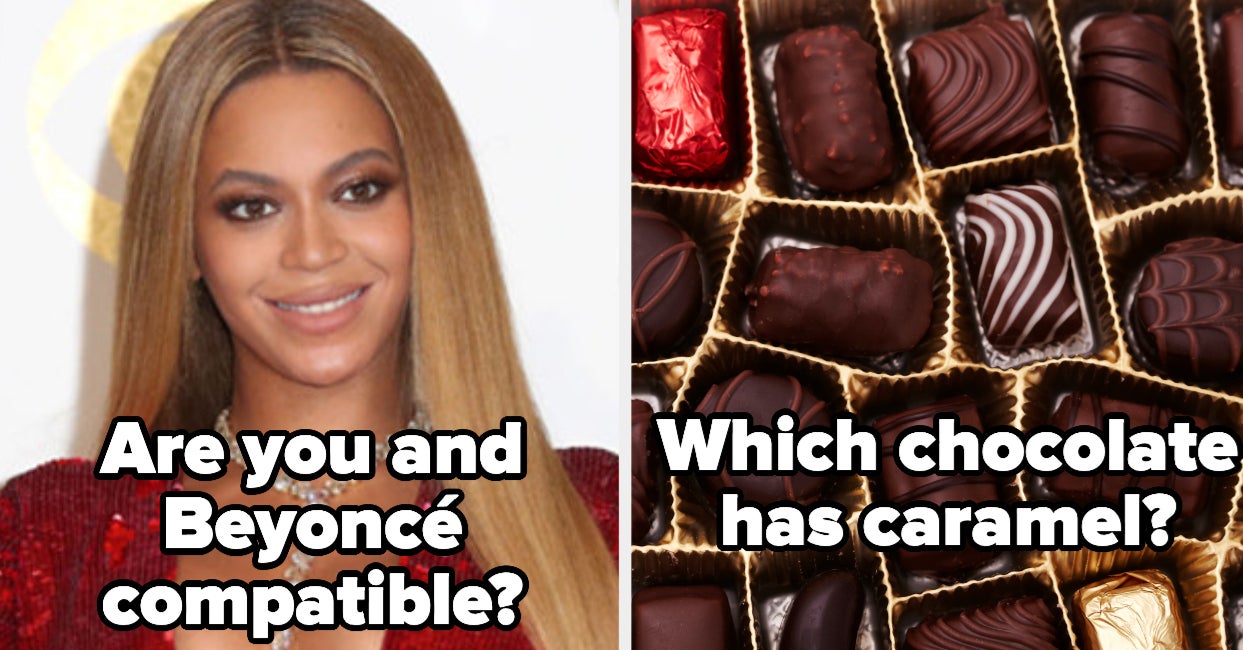from the but-what-if-a-motorist-is-simply-horny dept
Nearly five years ago, California resident Susan Porter sued local law enforcement for deciding her honk in support of anti-Rep. Darrell Issa protesters was worth citing her for. When she expressed her support for the protesters in a way people have always considered to be an appropriate display of support, she was pulled over by Deputy Klein of the San Diego County Sheriff’s Department.
The deputy took exception to something and had on hand something that could be abused to turn his displeasure into someone else’s enormous hassle. The California vehicle code states that a horn should not be used for any other reason that giving an “audible warning” to pedestrians and other drivers and cannot be used otherwise, “except as a theft alarm system.”
Selective enforcement made it possible for the deputy to cite Porter for daring to express her support for a local demonstration. In this context, the use of her horn was clearly political expression, even if it managed to annoy a law enforcement officer enough that he felt compelled to get legal about it.
This is why people don’t pay me for legal advice:
Is a law really necessary to keep horns from blaring constantly? Or has it long been accepted horns do double-duty as expressive speech, delivering pithy messages like “You suck at driving,” “You suck in general,” “Your ride is here,” and “I heartily approve/disapprove of this issue being debated freely in the marketplace of ideas, which is apparently located at Rep. Issa’s office at the moment.”
Whatever the basis for the law, it was pretty clearly used here to express a law enforcement officer’s distaste for the message conveyed by Porter, even if the message the deputy received was “I support the people you’re currently citing for other legal violations,” rather than the one Porter intended to send.
It looked pretty open-and-shut back in 2018. Porter’s horn use was clearly directed at the protesters and the ensuing police action was clearly an attempt to discourage her from expressing her support from anything from anti-Issa protests to other drivers who may be similarly sexually aroused.
Unfortunately, the first level of the federal court system saw it differently. More unfortunately, the next level of the federal court system has agreed with the lower level, as is noted here in this article by Greg Moran of the San Diego Union-Tribune:
Honking your car horn for any reason other than warning of imminent danger is still illegal in California, a federal appeals court has ruled.
In a 2-1 decision filed this month, the 9th U.S. Circuit Court of Appeals said the state law does not violate the free-speech rights of residents. The ruling turned down an appeal from an Oceanside woman who was ticketed for the infraction by a San Diego County sheriff’s deputy as she left a 2017 protest at the offices of Rep. Darrell Issa in Vista.
While I’m glad to see the Union-Tribune is on top of issues of importance to San Diego residents, I’m far less impressed that it was unwilling to use its resources to download and post the decision [PDF] issued by the Appeals Court, despite having the same (free and open) access to Ninth Circuit decisions anyone with an internet connection has. For shame, etc.
Moving beyond this journalistic faux pas… here’s the bad news about the court’s bad decision: it says the law can be used to punish expressive speech, so long as that speech is expressed by a person activating their vehicle’s horn.
Addressing the merits, the panel determined that at least in some circumstances, a honk can carry a message that is intended to be communicative and that, in context, would reasonably be understood by the listener to be communicative. The panel next held that because section 27001 applies evenhandedly to all who wish to use a horn when a safety hazard is not present, it draws a line based on the surrounding factual situation, not based on the content of expression. The panel therefore evaluated Section 27001 as a content-neutral law and applied intermediate scrutiny. The panel concluded that Section 27001 was narrowly tailored to further California’s substantial interest in traffic safety, and therefore that it passed intermediate scrutiny.
That’s the takeaway from the majority: because the law could conceivably be enforced in a content-neutral manner, the law is content-neutral even when it clearly isn’t. And I would be very interested to see just how often this obscure law has been enforced by this deputy and his employer and under what circumstances. My guess is that this was deployed under the “well, there’s a first time for everything” exception to the First Amendment.
“Narrowly tailored” is fine, but not when it’s still broad enough to be abused to hassle people who annoy law enforcement officers. The dissent [which takes up nearly half of the 60-page decision] doesn’t let the tailored look of law distract it from its use in this particular situation, which appears to be nothing more than plain, old fashioned retaliation against protected speech.
Car horns have always been expressive. Some expressions are more protected than others.
A greeting honk, for example, emits a loud noise that causes the listener to look up; the honk itself is not a greeting message, but it causes the listener to look up, notice, and identify the honker as a friend. Similarly, a honk to summon a child does not itself convey a message; it grabs the child’s attention, so she notices that her parent is waiting for her.
Honking at a political protest, on the other hand, is a use of a vehicle horn that definitely does constitute message conveying expressive conduct and so merits First Amendment protection. When Susan Porter honked while passing a protest against U.S. Representative Darrell Issa, she was not just making noise to attract attention. She was conveying a distinct message—agreement with the protesters’ objections to Darrell Issa’s stance on gun control. And that message was understood, as the protesters cheered when she beeped. The protesters did not have to be startled into looking up to understand what Porter was honking about; in the context, they understood the message immediately.
The officers obviously knew this too, but they appear to have been motivated by their opposition to Porter’s opposition to Rep. Issa’s gun control stance.
Clearly, in this case, the honk was political, and the majority was wrong to declare otherwise.
[T]here is no evidence in the record (or elsewhere, as far as I can determine) that such political expressive horn use jeopardizes traffic safety or frustrates noise control.
And the law enforcement officer testifying could provide no solid evidence to the contrary, despite his two decades of experience:
Beck declared that his opinions were based on his “24 years of experience working for the California Highway Patrol.” Based on that experience alone, he opined that the improper use of a vehicle horn can create danger by startling or distracting others. But when asked during his deposition for the basis of this opinion, Beck couldn’t articulate a reasoned explanation for the connection between his experience and that opinion. He did not provide a single example of an accident caused by any type of horn honking, let alone honking in support of a political protest.
And the law’s so narrowly tailored as to be completely useless, unless, of course, an officer wants to use it.
Moreover, and more importantly, Beck reported that, in his twenty-four-year career, he had stopped people for a Section 27001 violation only “four or five times” and the last time he wrote a citation was “several years ago . . . probably around 2013, 2014.” Thus, his opinion as to the salutary effect of actually enforcing Section 27001’s ban on non-safety-related horn honking has no grounding in his own experience, as he has exceedingly rarely enforced the statute.
Maybe the court is legally bound to accept these “narrowly crafted” arguments. But it really shouldn’t be, not when law enforcement officers admit the law is so narrowly crafted they rarely feel compelled to enforce it. There may be good government reasons for deterring wanton honking, but wanton honking doesn’t appear to be a problem large enough a statute needs to be enacted to address it.
That leaves us with what we have here: clearly selective enforcement of the law solely to silence someone the government (in the form of officers from two different agencies) wanted to silence, however temporarily.
The Appeals Court may have gotten this right in terms of what the law says and what the officers swore they were enforcing, but it had to arrive at that conclusion by ignoring the specifics of this case, along with the officers’ own testimony, which shows the law is only enforced when it’s useful to achieve ends unrelated to the stated purpose of the traffic code.
This case will never be entertained by the Supreme Court. It’s too esoteric and too opposed to its aims under its current construction. It will head back down to the lower court for the inevitable dismissal. And cops in the Ninth Circuit will remain free to abuse esoteric laws to punish people for speech they don’t agree with.
Filed Under: 1st amendment, 9th circuit, free speech, honking, horn honking, protests, san diego sheriff’s department, susan porter
Source link










Leave a Reply